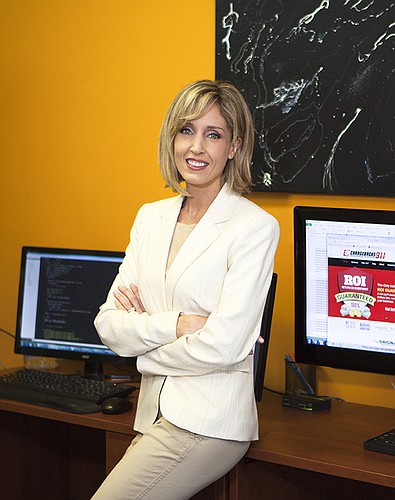- December 13, 2025
-
-
Loading

Loading

Executive Summary
Company. Chargebacks911 Industry. Retail, financial Key. There are ways for business owners to fight back on misused consumer protections.